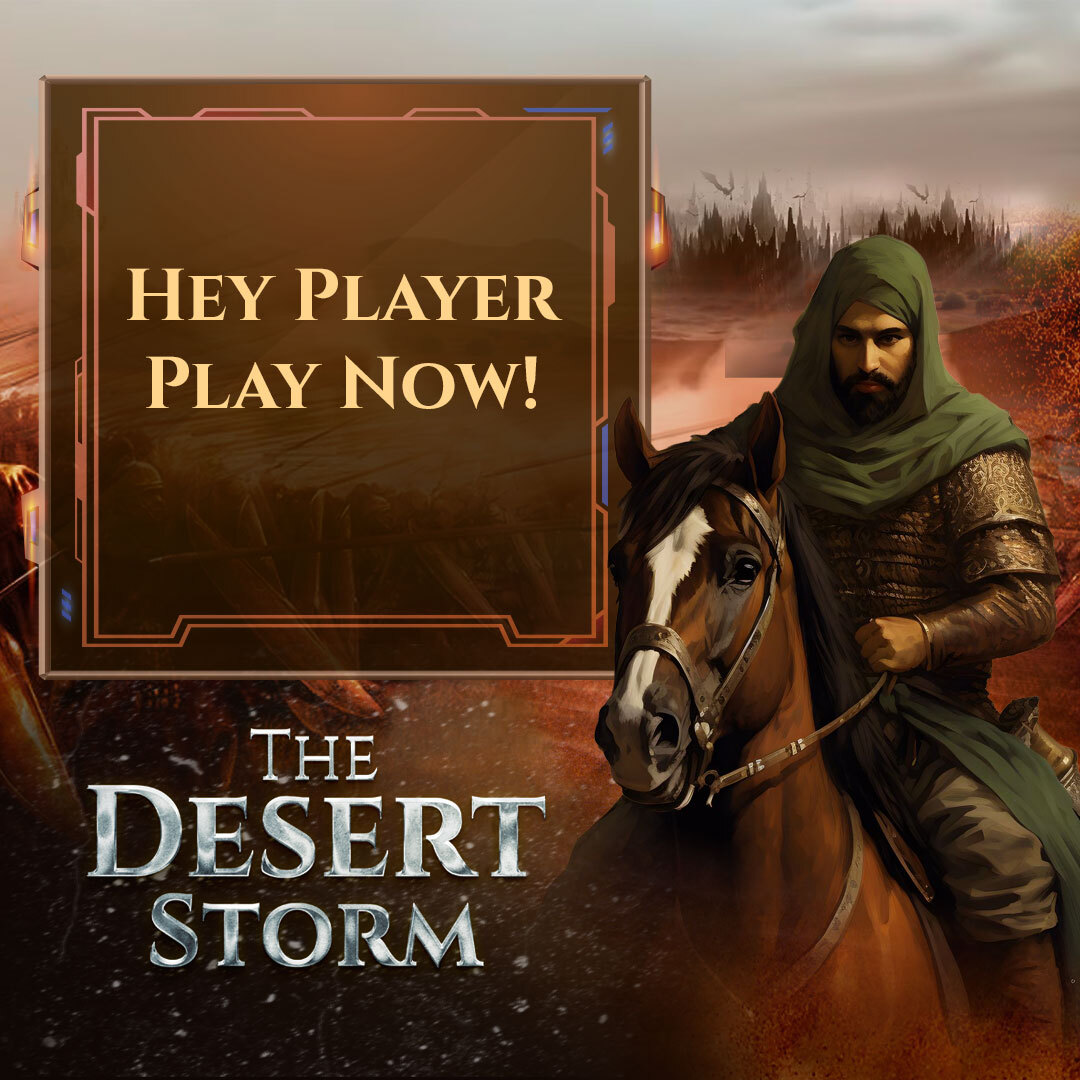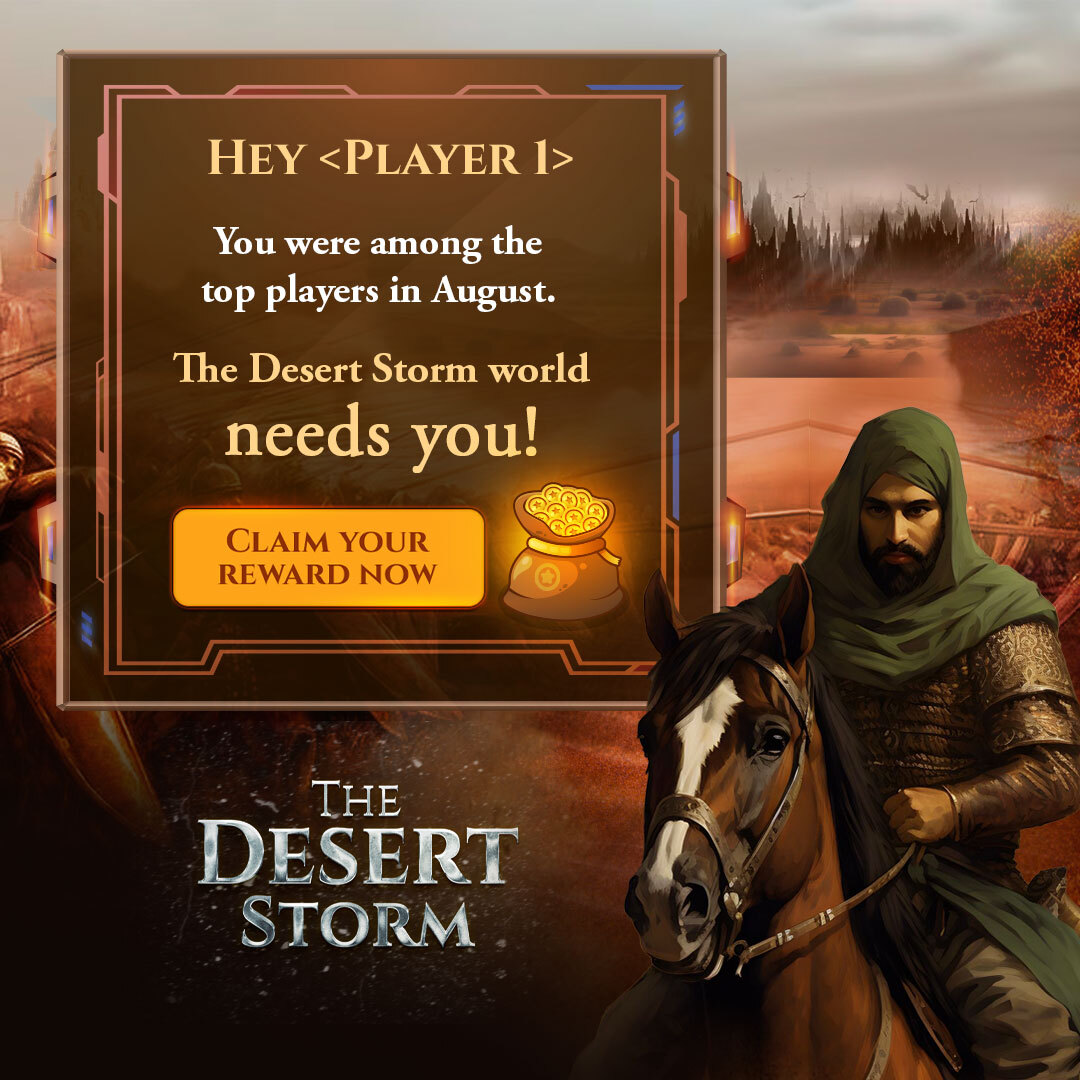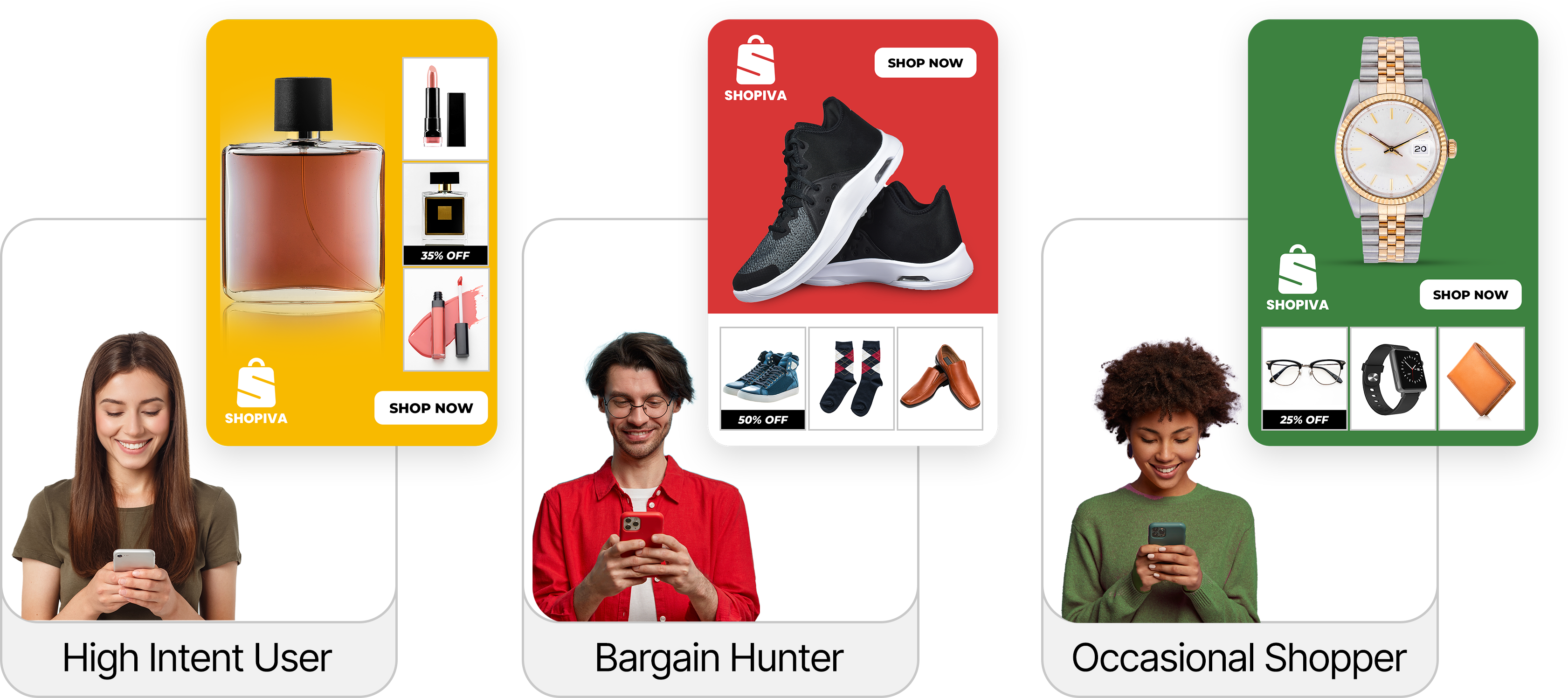In the world of mobile apps, if there’s one industry that’s truly aced the art of personalization, it has to be eCommerce.
And it seems straightforward, doesn’t it?
Recently viewed products, cart items, wishlist items, etc., are all rich data points that can be used for precise retargeting. Over time, eCommerce apps have pioneered product feed-driven personalization and the results are remarkable: unmatched engagement, conversions, and revenue.
In this blog, we explore how mobile gaming can take notes from eCommerce and step up their personalization game.
Like eCommerce, like gaming:
At first glance, eCommerce and mobile gaming might seem worlds apart, but beneath the surface, they share some striking similarities.
- Both industries are highly competitive, constantly vying for users’ attention
- Both rely heavily on creating addictive experiences
- And both have exceptionally talented marketing teams armed with effective tools and strategies
So, why is it that only eCommerce has been using user data and personalization for ad experiences?
More importantly, why haven’t gaming apps stepped up their personalization game?
A surprising majority of gaming apps, ranging from action to hyper-casual, still deliver generic ad content. While these ads could be based on individual player preferences and in-game behaviors, they are NOT.
Yes, what you’re hearing is the sound of money being left on the table!
And of course, missed opportunities to engage players more effectively and boost lifetime value.
Think like a host, act like a marketer: The power of recommendation
Ever so often, it’s worth revisiting one crucial question: what incentive does the player have to stay back and spend more time on your game?
As a gaming marketer, no one knows the peak joys of the game better than you.
You know every twist, turn, and hidden gem within your game, while your players are still getting used to the game.
Yet, this is how most gaming ads look like:

Whereas it could look like:

See yourself not just as a marketer, but as a host who can create unique gaming experiences for different segments. Think of your ads as personalized recommendation engines, guiding each player on a unique journey through your gaming universe.
In eCommerce, personalized ads recommend products based on user preferences and past behavior. DCO (Dynamic Creative Optimization) Ads, for example, analyze vast amounts of user data and product feed data, to smartly recommend the right products to users.

Similarly, in mobile gaming, ads can recommend specific in-game items,
power-ups, and strategy, offers based on the player’s gaming history and preferences.
Want to make them stay? Make them play!
Let’s explore how gaming apps can adopt dynamic personalization
with examples of hyper-casual, strategy, and real-money gaming categories.
Hyper-casual games:
- Recommend power-ups: For a game category like Endless Runners, recommend power-ups or boosts that align with the player’s gameplay style. For example, if a player frequently loses due to obstacles, recommend a “shield” power-up that provides temporary invincibility.
Personalization tips: Use the player’s in-game username and a message indicating the reason for the recommendation.
E.g: “Hey [Player’s Name],
We Noticed You Could Use Some Extra Protection!”
With a catchy CTA like, “Try Shield Power-Up,” or “Claim Your Invincibility”,
there’s a high chance your player would be compelled to come back.
Strategy Games:
- Customized upgrades: For strategy games, recommend specific upgrades for the player’s units or buildings based on their in-game progress and strategy.
Imagine a game, ‘Conquest of the Kingdom’ where players must build and improve defensive structures like forts.
Consider adding dynamic elements to the ad, such as a before-and-after animation of the wall upgrade. Show the wall transforming from a basic structure to a formidable fortress as players interact with the ad.
Messaging: “Winter is Coming. Will Your Fort Stand Strong?”What’s the appeal of this ad? Imagine a former power player who is now dormant. It just takes one ad to whir up their imagination and get them back to your game. - Tips and strategies: Analyze your player’s recent gameplay patterns and provide personalized tips and strategies. If a player struggled in a recent battle and has been really quiet since then, offer hints on troop deployment or resource management.
Real-Money Gaming:
- Special Offers: For players of real-money gaming apps, recommend special offers or promotions based on their betting history.
Consider Rummy for example.
Messaging: Highlight the special offer, such as “Loyalty Bonus” tailored to the player’s gameplay. The message could be: “You’re a Rummy Ace!” Loyalty Bonus: Extra Chips, Just for You!”
Personalization tips: Display the player’s avatar or username to personalize the ad.
Incorporate the player’s betting history and achievements into the messaging.
For instance: “Based on Your Winning Streak: [Player’s Winning Streak]”
Consider adding dynamic elements to the ad, such as the bonus chips dynamically increasing in quantity as players interact with the ad, creating a sense of immediate reward.
CTAs: “Claim Bonus Now,” “Boost Your Chips,” or “Play with Extra Chips.”
Insider Tip:
At RevX, we were able to drive higher activation rates for a real-money gaming client using offer-driven personalization.
Based on RFM analysis, we strategically segmented and targeted dormant users who had not yet made their initial deposit. We realized that the more inactive the users, the higher their resistance to revisit the game. Hence, we devised a personalized strategy, offering highly enticing offers to users who had remained inactive for extended periods.
This personalized strategy proved to be incredibly effective.
In Conclusion:
Mobile gaming ads need to break free from the ordinary. Most are generic, missing the chance to deeply engage their players.
What it means for you is a major first-mover advantage! You can establish hyper-personalized ad experiences as your game’s differentiator.
It’s time to step outside your comfort zone and pioneer a future where every player gets the tailored ad and gaming experience they truly deserve.
Not sure where to start?
Let’s talk: revx.io/contact/



